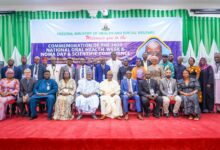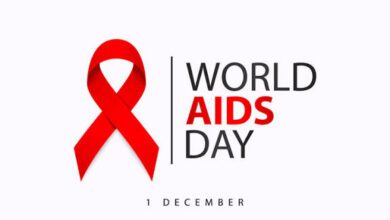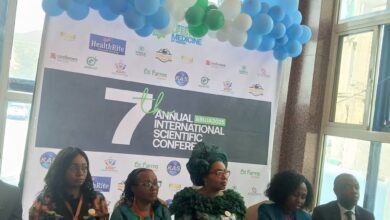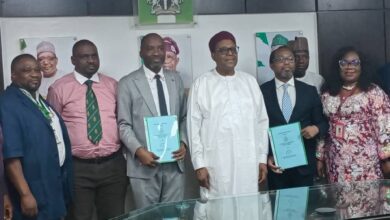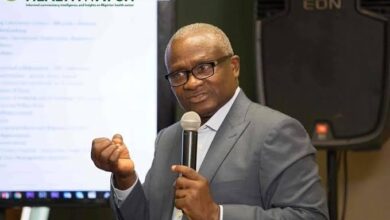USCDC, FG Scale-Up Immunisation Drive In Niger, Zamfara
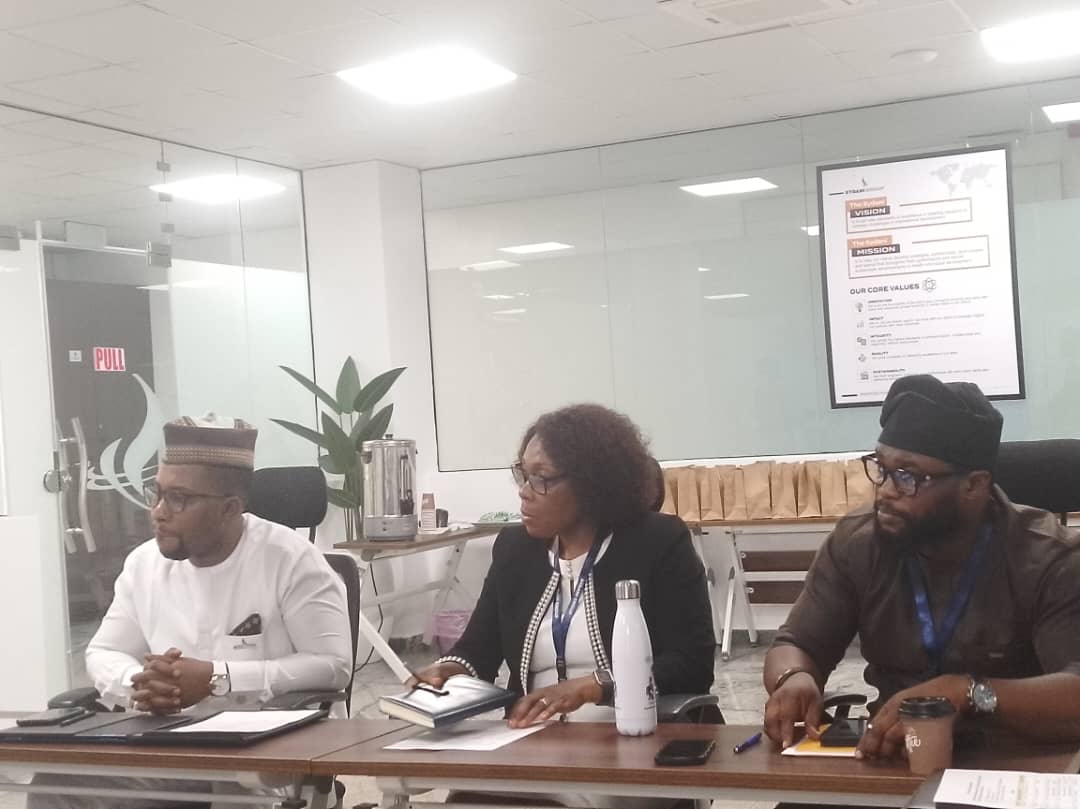
In an apparent move to drastically reduce the whooping 2.3 million zero-dose children in Nigeria, the United States Centre for Disease Control and Prevention (US CDC) in collaboration with the Federal Government has outlined plans to scale up immunisation in Niger and Zamfara states.
Senior Immunisation Specialist of US CDC, Dr. Hadley Ikwe disclosed this on Wednesday, February 7, 2024, at a media roundtable in Abuja.
Dr. Ikwe explained that the reason for focusing on Local Government Areas in the two states was because they were usually unreached in immunisation, nutrition, and other government interventions.
He further explained that the Centre was supporting Nigeria to reduce childhood illnesses and deaths from vaccine-preventable diseases, adding that vaccines save lives, and were one of the most impactful interventions in preventing illnesses and deaths in the history of public health.
In his presentation, the Public Health Expert stated, “four African countries make up 4.4 million zero-dose children. The COVID-19 pandemic led to the large global increases in zero-dose children.
“The 10 countries contributing to the 58 per cent of the global zero-dose burden are Nigeria (2.3m), Ethiopia (1.1m), India (1.1m), Democratic Republic of the Congo (753,000), Philippines (637,000), Angola (614,000), Indonesia (571,000), Brazil (431,000), Pakistan (431,000), and Mozambique (377,000).
“With 2.3 million zero-dose children, Nigeria accounts for the highest burden globally. Only about 57 per cent of eligible children in Nigeria were fully vaccinated as of 2021.
“Zero-dose children are susceptible to many diseases. The introduction and spread of disease within a community can cause epidemics of vaccine-preventable diseases”.
According to Dr. Ikwe, Nigeria’s vaccination programme identified 100 priority high-burden Local Government Areas to target zero-dose reduction efforts and strengthen Primary Healthcare Centres:
“CDC is directly supporting the government in selecting geographies through intensified investments in immunisation second-tier between 2023 and 2028 to target high-burden zero-dose LGAs in second-tier LGAs in Niger and Zamfara states, particularly in security-compromised areas, and hard-to-reach and missed communities; use innovative integrated strategies including better microplanning, and build capacity and workforce development”.
On her part, Programme Director, US CDC Nigeria, Dr. Patricia Tanifum explained that in immunisation, they target children because they are the most susceptible to diseases. She, however, said many children missed out on immunisation during the COVID-19 pandemic:
“These life-saving vaccines protect against a range of diseases, ensuring healthy growth and preventing fatalities. However, despite concerted efforts, not every child receives the necessary vaccinations.
“Even as the world grappled with COVID-19, other diseases persisted. In Nigeria, a country that sees nearly 5 million births annually, ensuring timely vaccinations for all children posed a monumental challenge.
“We are supporting the government to reach the zero-dose children. The country has been working to reach these children, but we still have a long way to go. So, the US CDC is contributing very strongly towards reaching these children.
Also speaking, Chief Executive Officer of Sydani Group, Sidney Sampson, reiterated the Group’s commitment to supporting the US CDC in reaching zero-dose children in the country:
“This is about the Nigerian child and all of us at some point were children. When we say reaching zero children, we mean those children that have never been reached.
“This means those that don’t benefit from immunisation interventions from both the government and other Non-Governmental Organisations working in the immunisation area.
“We are happy to be partners and support the effort of the US CDC have been putting in to ensure every child is reached with required doses”, he said.


